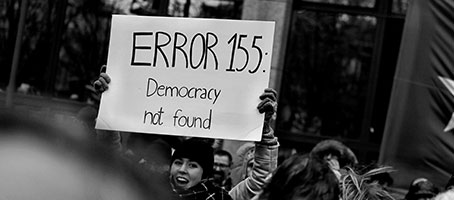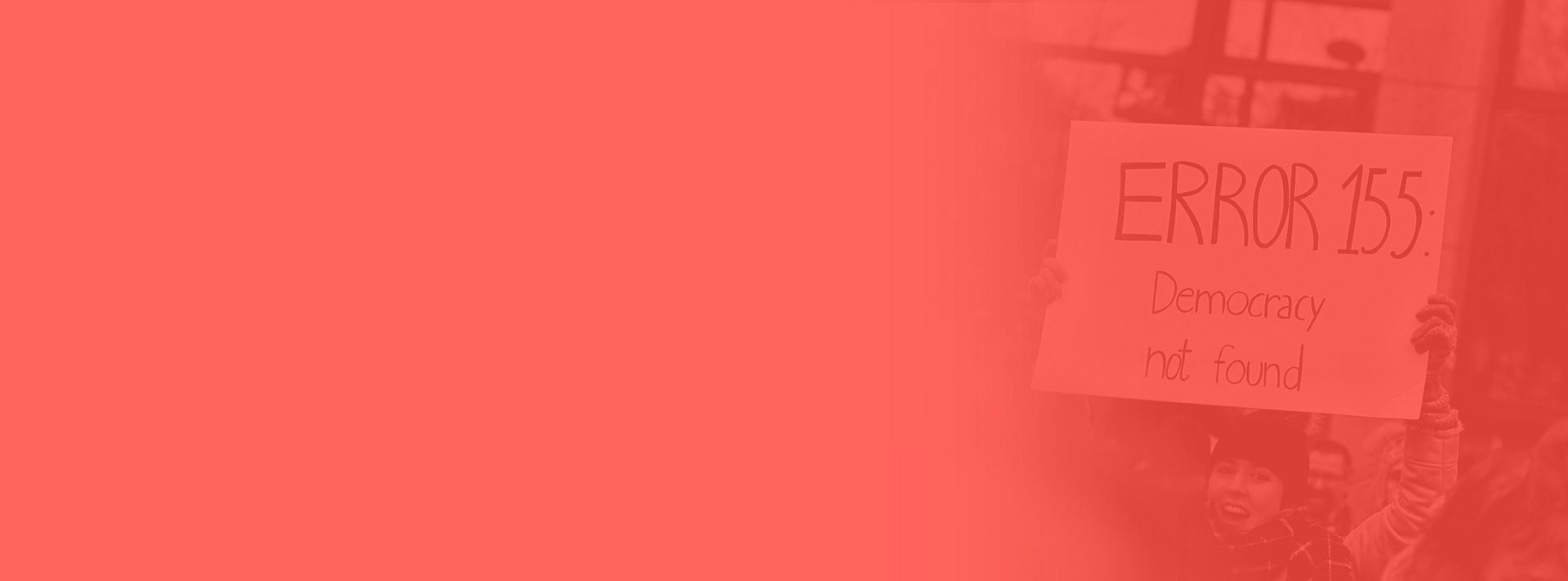
As crazy and strange as the story of the creation of the new EU copyright reform may seem, its consequences and effects on our everyday use of the Internet (as we now know it) must be taken seriously. Therefore, we start directly with the essential content points to understand why the practical implementation will either be doomed to failure from the very beginning or will intervene extremely profoundly in our everyday digital life.
Market functioning
One hundred forty-nine pages long is the document that the EU Directive on “Copyright in the Digital Single Market” aims to adapt copyright law (in general) to digital developments across Europe and harmonize it across borders. On 26 March, the time had come for the reform to be officially adopted and launched. It contains, among other things, “rules on exceptions and limitations to copyright and related rights and on the facilitation of licensing, as well as rules aimed at ensuring the proper functioning of the market for the exploitation of works and other subject-matters.”
View into the crystal ball
In practice, this Directive – in particular Articles 11 (now: 15) and 13 (currently: 17) – has a definite purpose: to keep Internet giants such as Youtube, Facebook, Instagram, Google and many other dominant companies on a leash. Officially speaking, this includes any service “where the primary purpose or one of the primary purposes is to store and make available to the public a large number of copyrighted works or other subject-matter uploaded by its users, organized and advertised for profit by that provider.” In practice, this means that portals can be held liable in the future if users upload copyrighted material. The Directive obliges them to prevent such infringements before they happen – “by high industry standards.”
The copyright reform presents platforms and service providers with considerable difficulties – in addition to the GDPR, the EU copyright reform is considered a new stumbling block – reason enough for a website analysis by DeSight Studio.
Technical no man’s land
How’s that going to work? The EU has no answer to that either. Although many data used on the Internet have an identifiable originator (pictures of famous painters, excerpts from Hollywood films, music by favorite bands), there is at least as much data whose originator is far from known to the Internet. After all, what is the difference between uploading homemade photos and uploading photos from commercial photographers in the neighborhood? What does this mean for sending memos, quotations or satirical revisions?
Filter vs. no upload anymore
Since the contents must (inevitably) be automatically evaluated, activated or blocked, it is feared that the development will necessarily result in rigid upload filters. Alternatively, to put it another way: instead of making the impossible possible, the entire upload is made impossible. A pilot project with Google News took place in Spain a few years ago. Google has shut down the news service for this region without further ado, resulting in a massive drop in traffic to the originator sites. One way or another, the big Internet giants (hated by politicians) have the power to decide which content to publish – a situation that should be prevented.
Wrong Button
A bizarre detail on the periphery of this whole development: The vote on whether to vote on amendments were decided negatively by a narrow majority of only five votes in the EU Parliament. As a result, about ten MEPs have registered who voted “by mistake” incorrectly. The vote was nevertheless valid and legal … the further outcome of this development is being followed with tension as well as with a shake of the head.



